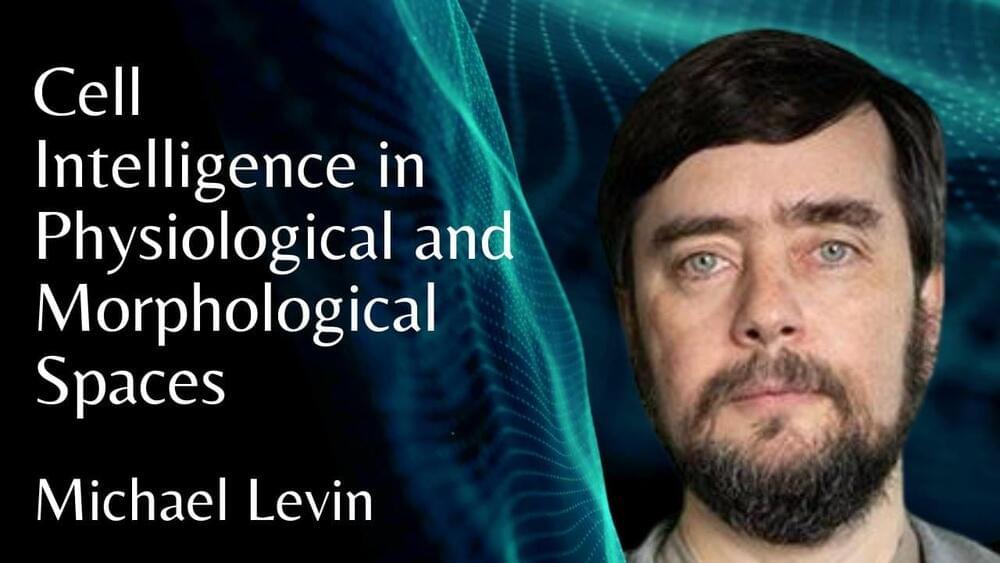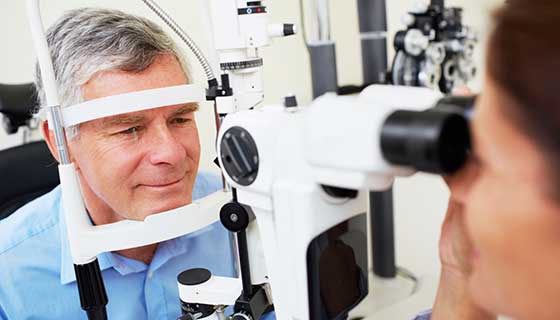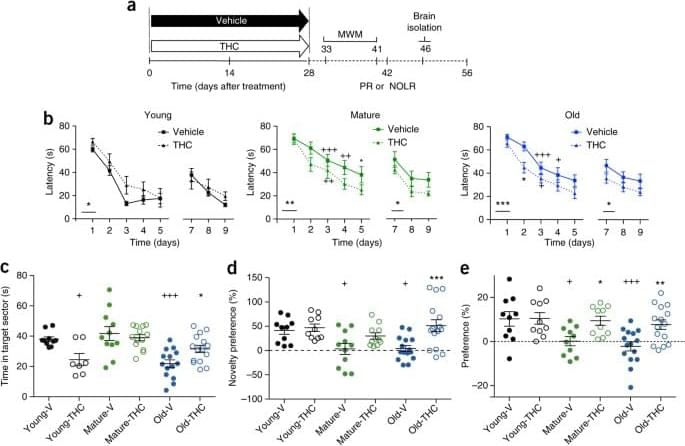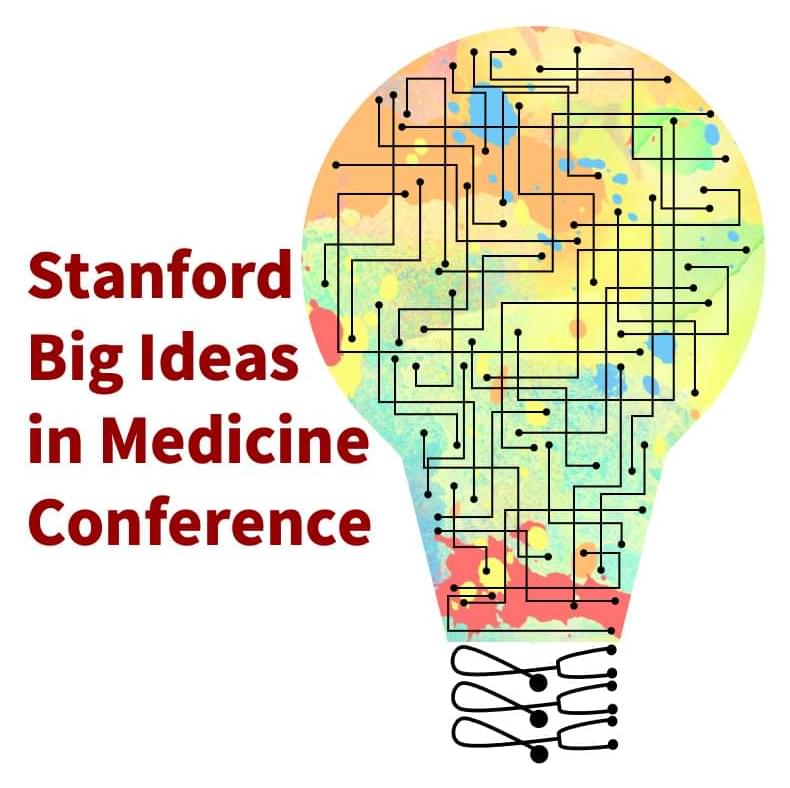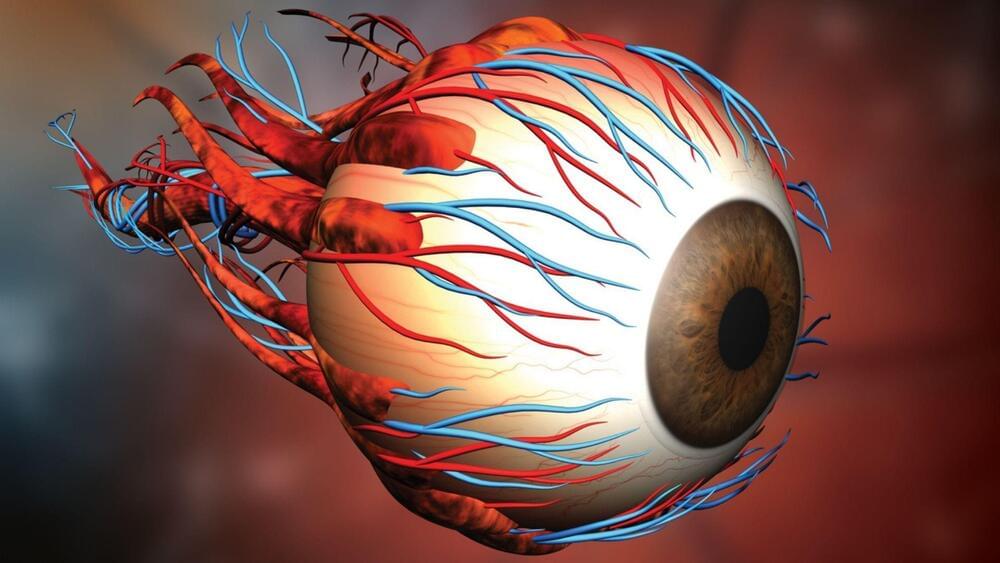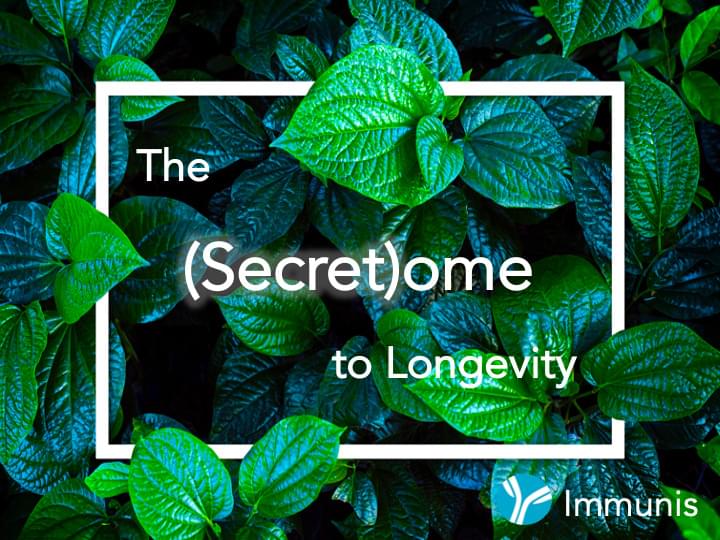
A healthy immune system: the ultimate balancing act
The immune system is comprised of innate and adaptive immune responses, both of which are crucial in maintaining our health. The innate immune response is the first line of defense that immediately works to prevent the spread of pathogens and tumors.1 The adaptive immune response is a more sophisticated, secondary response that is specialized to clear specific pathogens and provide long-lasting immunity.2
The efficacy of these two systems depends on balanced inflammatory and anti-inflammatory responses, referred to as immunomodulation. For example, upon injury or infection, macrophages secrete molecules that promote inflammation to dilate blood vessels and recruit other immune cells to the damaged site. Once the infection is cleared, the immune system mounts an anti-inflammatory, reparatory response.
